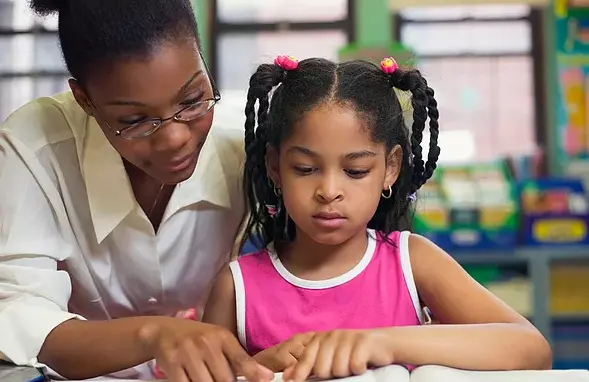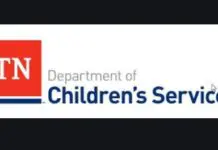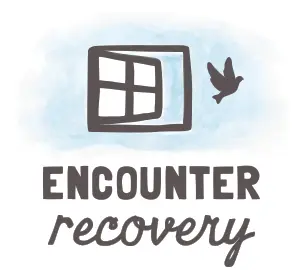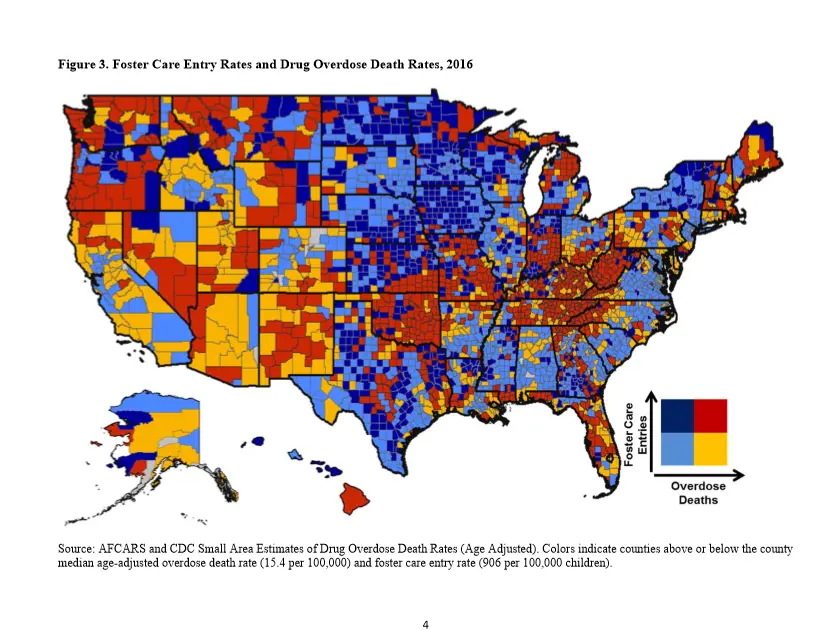

Take a moment now to reflect on your life and childhood. Perhaps it was pleasant for the most part. Maybe you were lucky enough to grow up in a loving home with caring parents or guardians as you developed into an adult. Perhaps you took a vacation to the beach or mountains once or twice a year or had the opportunity to go on every school field trip.
Now, think about the times in which you were able to see a doctor when you had a cold or all the regular dentist check-ups that resulted in receiving a brand new toothbrush. These examples are not the same for every adult who reflects on their childhood, and many differences do exist; however, the point being made here is many children and adolescents do not have this experience nor do they have the ample opportunity to be surrounded by positive influences such as role models or mentors.
Environmental, societal, socioeconomic, and familial systems all play a role in determining a child’s opportunity for success. Referring to Maslow’s hierarchy of needs, if basic needs are not met, then the entire system (person) is disrupted or fragmented. For many of our current youth population, the concept of normality contrasts dramatically with our understanding. This is especially true for those in foster care or impoverished communities lacking resources. For this population of youth, I would consider them to be at-risk. At-risk for what? Failure to thrive and succeed as adults and what can help a child succeed despite disadvantaged circumstances is: mentoring.
Arla Nguyen lists a number of key statistics related to the importance of mentoring youth. With these statistics in mind, it can be inferred the value of mentoring at-risk youth, including children in foster care, is limitless.
You can find the statistics below:
-
59 percent of mentored teenagers earn better grades.
-
27 percent of mentored youth are less likely to begin using alcohol.
-
52 percent of mentored youth are less likely to skip school.
-
Youth with mentors have increased the likelihood of going to college, better attitudes toward school, increased social and emotional development, and improved self-esteem.
An organization devoted to mentoring at-risk youth, Mentor: The National Mentoring Partnership, has also released data in regards to our current population of youth considered to be at-risk who have a mentor in their life.
These statistics can be found below:
· 55% more likely to enroll in college
· 78% more likely to volunteer regularly
· 90% are interested in becoming a mentor
· 130% more likely to hold leadership positions
Also, it is important to keep in consideration the stage of brain development a child or adolescent is in. The amygdala (emotional reaction center) is fully formed in children and adolescents. However, the prefrontal cortex (reasoning and emotional regulation) is far from reaching maturity.
So what does this mean? It means a child, especially one who is in a difficult environment, is more likely to be impulsive, have accidents, get into conflicts with peers, misinterpret social cues, and participate in dangerous behavior. During this crucial period of development, it is essential a child has mentors to help develop their brain and emotional reactions.
Through bringing positive worldviews, experiences, and knowledge, a child has a greater chance of achieving their full potential as young adults. Tennessee Advocacy Talk has a variety of youth coaches and mentors who can assist you in finding support and guidance for a child you know who is in need of positive influence. Reach out to us today to find out more!
References:
https://socialworklicensemap.com/the-value-in-mentoring-our-youth-2/
http://www.mentoring.org/why-mentoring/mentoring-impact/#1442263051104-6ca77555-c66a1be4-a01f






















